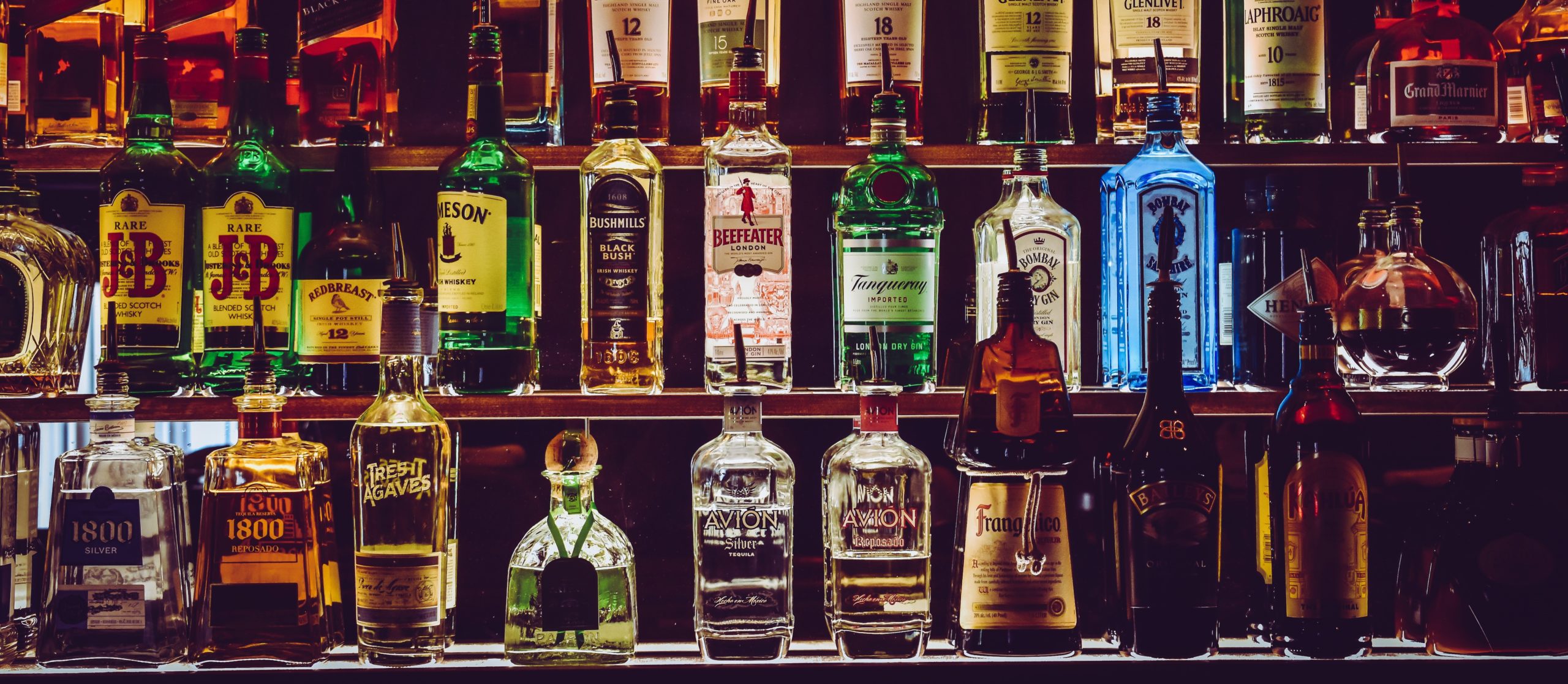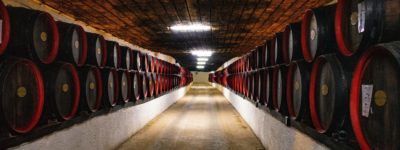The Sale and Supply of Alcohol (Sales on Anzac Day Morning, Good Friday, Easter Sunday, and Christmas Day) Amendment Bill (introduced by Labour MP, Kieran McAnulty) has been drawn from the ballot. The Bill seeks to repeal rules that limit the sale of alcohol on public holidays.
Have you failed a CPO by selling, or supplying alcohol to a minor?
As alcohol licensing specialists , we sometimes see licensees sign negotiated suspension agreements with the Police on the basis that they have sold alcohol to a minor (an alleged failed CPO). However, this is not as black and white as it seems. The article below provides commentary on s 239(1) and the offences covered by that section.

A minor can consume alcohol which has been provided by their parent or legal guardian (s241(3)(a) and (d)). In other circumstances, the Sale and Supply of Alcohol Act 2012 (act) creates an offence to sell, and/or supply alcohol to a minor.
Section 239(1) of the Act covers this and creates two types of offences. The first is when a licensee or manager of any licensed premises sells or supplies alcohol to a minor. This is an offence which gives rise to both absolute and vicarious liability. The licensee or manager is responsible for the acts and omissions of an employee unless an absence of fault is proven.
The second offence is where a licensee or manager allows alcohol to be sold or supplied to a minor. Allowing alcohol to be sold or supplied requires proof of intent. The Alcohol Regulatory and Licensing authority (Authority) considered this offence in Dalziell-Kernohan v Redberry (Cambridge) Limited [2020] NZARLA 165.
This was an enforcement application hearing before the Authority. Following an alleged failed CPO in December 2019. It was alleged that the licensee (Redberry (Cambridge) Limited) failed to operate the store in line with the Act’s provisions, as it allowed alcohol to be sold to a minor (a police volunteer). Police filed an application for the suspension of Redberry’s off-licence and alleged the licensee had allowed the sale, even though the particulars of the application noted that the duty manager was in the store at the time of the CPO and the licensee’s directors were not. Police argued that the licensee was responsible because the offence under s 239(1) is one of strict liability.
The Authority disagreed that s 239(1) is, in its entirety, a strict liability offence. It further noted that “allowing” alcohol to be sold or supplied requires proof of intention. What is required to be established to prove the offence of allowing alcohol to be sold is that the licensee connived in the sale, condoned it, tolerated it or acted in some other way that indicated that the seller was allowed to undertake an unlawful sale. (see Hunter v Police (HC AP36/93, 19 April 1993 at p. 3 and 4).”
In this case, the Police’s submissions did not touch on the issue of intent despite pleading the offence of “allowing”. Nor did the evidence establish that the licensee in any way condoned the sale. Neither of the directors of the licensee company were on the premises. The Authority held that there were deficiencies in the Police’s application and the evidence advanced by the Police did not establish that the licensee had allowed the sale of alcohol. As a result, the application for the suspension of the off-licence was dismissed.
On numerous occasions, we see that licensees sign negotiated suspension agreements with the Police on the basis that they have sold alcohol to a minor (an alleged failed CPO). However, this is not as black and white as it seems. Certain technicalities need to be met before an offence can be established (noting the two types of offences that s 239(1) creates). Where the alleged offence is allowing a sale there are various factors to consider, including – whether the licensee was even present at the premises at the time of the CPO and whether the licensee acted in a way that indicated that the seller was allowed to undertake an unlawful sale.
It is therefore important to carefully read and understand what the enforcement application says about the incident – does it say sold or supplied? Or does it say the licensee allowed the sale?
It is best to seek legal advice before you sign a suspension agreement as you might be able to contest the alleged incident on technical grounds and be able to save your licence from suspension.
This article is current as at the date of publication and is only intended to provide general comments about the law. Harkness Henry accepts no responsibility for reliance by any person or organisation on the content of the article. Please contact the author of the article if you require specific advice about how the law applies to you.
For further information

Sarah Rawcliffe



